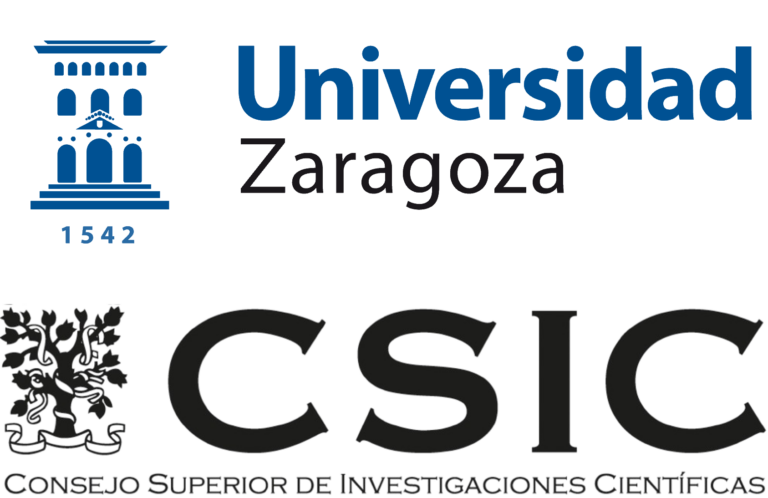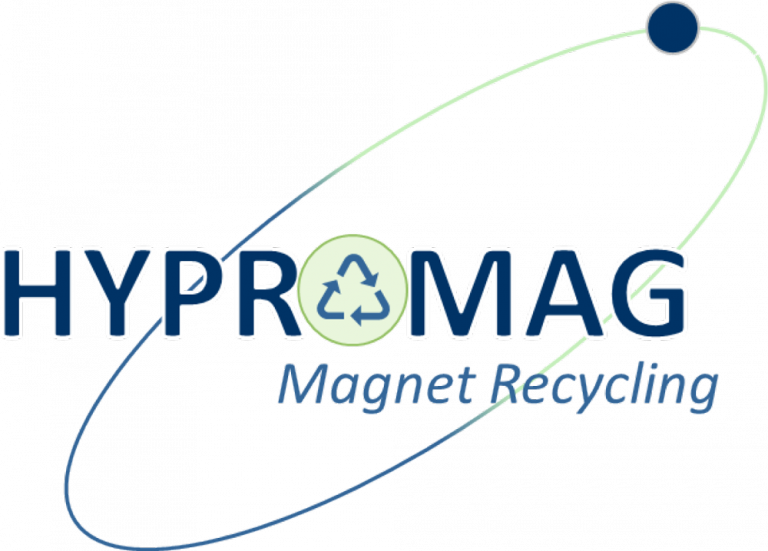Who we are
Meet the GREENE Consortium
The GREENE project unites 15 European partners from 9 countries, with outstanding expertise in their respective fields, including material scientists, magnet manufacturers, recyclers, lifecycle analysis experts, and end user representatives. Led by the Jožef Stefan Institute, this interdisciplinary team is uniquely positioned to re-engineer magnets that align with Europe’s sustainability goals.
The Jožef Stefan Institute (JSI), Slovenia’s largest research institute, spans a wide range of disciplines including physics, chemistry, molecular biology, biotechnology, reactor physics, energy and environmental studies. The institute’s Department for Nanostructured Materials coordinates the collaborative efforts within the GREENE project, leveraging its extensive expertise and advanced equipment to conduct world-class research on permanent magnets. JSI’s contributions to GREENE are centred on its core competencies in Density-Functional-Theory calculations, materials science synthesis and tailoring of Nd-Fe-B microstructures, fresh feedstock production and rapid solidification techniques in a protective atmosphere. Moreover, JSI is responsible for setting up the GREENE beta prototype permanent magnets production.
The Institute for Precious and Technology Metals at Pforzheim University of Applied Sciences (HSPF) is a leading research center with over 30 years of expertise in advanced magnetic materials and metallurgical processes.
In the context of GREENE, HSPF is spearheading the development and production of recycled and innovative feedstocks for permanent magnets. The research focuses on optimising the processes of powder milling, powder morphology and hydrogen processing of magnet scrap (HPMS), employing advanced techniques such as NeoLeach treatment of powders to produce feedstocks with micro- and nano-scale grain structures.
The University for Continuing Education Krems (DUK)’s Department of Integrated Sensor Systems boasts decades of experience in magnetic sensors and permanent magnet design. Their advanced micromagnetic simulations incorporate local chemistry and structural influences on magnetic properties. In GREENE, DUK will model and simulate the mechanical properties of magnetic materials to develop innovative grain boundaries, collaborating closely with partners to integrate thermal and physical strain data into their models.
The Instituto de Nanociencia y Materiales de Aragón, one of the leading materials research institutes in Spain, was established through a partnership between the Universidad de Zaragoza (UNIZAR) and the Consejo Superior de Investigaciones Cientificas (CSIC). This joint institute’s expertise, along with its state-of-the-art transmission electron microscope facilities, plays a pivotal role in analysing the nanoscale structure, chemistry and magnetism of the redesigned Nd-Fe-B magnets in GREENE. Their contributions are essential to the development and monitoring of novel materials throughout the project.
The Materials Research Institute of Aalen University (HTW AALEN) specialises in the development of functional materials, with a particular focus on electromobility and renewable energy. HTW AALEN employs high-throughput methods to discover novel, sustainable magnetic materials and integrates cutting-edge technologies such as additive manufacturing and recycling. Additionally, the institute leverages artificial intelligence and machine learning to enhance its research capabilities. In GREENE, HTW AALEN offers specialised expertise in calculating intrinsic Nd-Fe-B properties, casts pure Nd₂Fe₁₄B phase and contributes thermodynamic phase equilibria models.
The Department of Strength of Materials, Theoretical Mechanics, and Engineering Graphics of Vinnytsia National Technical University (VNTU), one of Ukraine’s leading universities, is known for its expertise in polycrystalline body mechanics modelling and investigation of mechanical strain-stress. In collaboration with CNRS-IJL and TUW, VNTU contributes to addressing magnetism challenges through strain calculations in GREENE. These calculations are vital for resolving paradoxes in conventional magnetism theories and manufacturing processes.
The Institute Jean Lamour (IJL) is a material science research laboratory operated by CNRS and Université de Lorraine. IJL studies model surfaces of Nd-Fe-B as well as model interfaces using advanced techniques under ultra-high vacuum (UHV) conditions and ultra-thin film deposition. Additionally, their research on new grain-boundary coatings provides valuable information that contributes to various aspects of the project.
Magneti Ljubljana (MAGNETI), a European manufacturer of permanent magnets with over 65 years of expertise, brings invaluable industrial know-how to the project. With a dedicated production line for sintering commercial-grade Nd-Fe-B permanent magnets, MAGNETI offers a crucial perspective on the path to industrialisation following the project’s completion.
Steinbeis Europa Zentrum (SEZ) has extensive experience in innovation consulting with a focus on international markets and EU research funding. In GREENE, SEZ supports project partners in defining result pathways, managing intellectual property, and ensuring that project outcomes are visible and accessible to a broad audience. SEZ is also responsible for communication and awareness raising activities and provides administrative and financial management support.
Leiden University’s (ULEI) Institute of Environmental Sciences specialises in Life Cycle Assessment (LCA) methods to assess emerging technological setups, supporting decision-making for sustainability. It is renowned for its proficiency in methodologies such as Material Flow Analysis and Accounting with significant experience in the field of critical raw materials. In GREENE, ULEI conducts a comprehensive sustainability assessment.
The Institute of Materials for Electronics and Magnetism of Italy’s leading public research organisation Consiglio Nazionale delle Ricerche (CNR) specialises in material science with a focus on synthesis, characterisation, modelling, and device prototyping. In GREENE, they contribute their expertise in magnetic characterisation of powders and magnets, particularly through singular point measurements, analysing magnetic properties under high magnetic fields and optimising the performance of advanced materials.
The Technische Universität Wien (TUW) is Austria’s largest research and educational institution specialising in technology and natural sciences. The Functional Materials group at the Institute of Solid-State Physics is a key scientific partner in GREENE, focusing on interface engineering of granular feedstocks.
HyProMag (HMG) is a technology start-up founded in 2021 as a spin-off of Pforzheim University. It specializes in reprocessing RE permanent magnets with a focus on producing magnetic powders, alloys, and sintered magnets for high-tech EU applications. The company offers consulting on recycling-friendly design and uses the IP-protected Hydrogen Processing of Magnet Scrap (HPMS) and other technologies for eco-friendly scrap dismantling and powder processing. In GREENE, HMG produces recycled feedstock in synergy with Pforzheim University.
Bosch drive sustainability in mobility through high-quality products and innovative electrified solutions. Expertise includes power electronics, electric motors, eAxle systems, comfort actuators, and charging solutions. The divisions also offer electromechanical systems for e-bikes, passenger cars, and commercial vehicles, along with thermal and wiper systems and vehicle stabilization applications. As technology co-developer, Bosch will support the production and testing of demonstrators and contribute to design for recycling and sustainability and economic assessment in GREENE.



